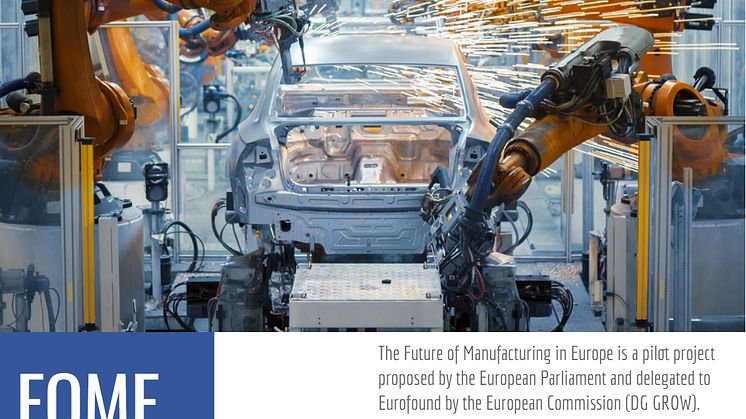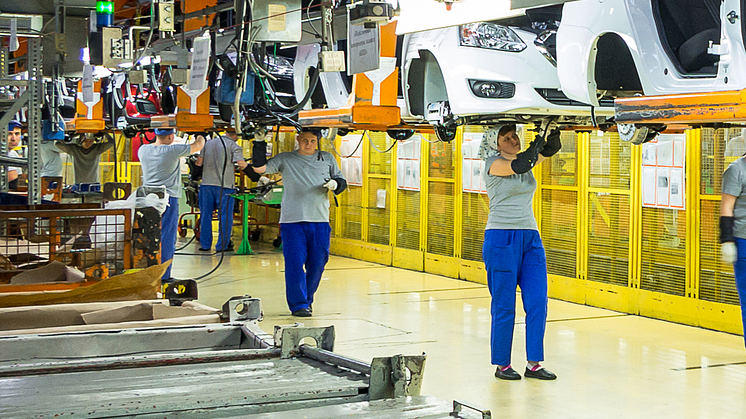
News -
Automation, digitalisation and platforms: Implications for work and employment
The onset of the digital revolution has resulted in technological advances that are constantly evolving. A key element of concern to policymakers is the impact that these changes will have on the world of work and employment.
This report reviews the history of the digital revolution to date, placing it in the context of other periods of marked technological advances and examining how technological change interacts with changes in institutions. Digital technologies have considerable disruptive potential, including making production much more flexible and information more readily available. While the information technology sector has been most affected to date, other sectors are rapidly changing with the diffusion of new technology. The report also examines three key vectors of change: automation of work, the incorporation of digital technology into processes, and the coordination of economic transactions through the digital networks known as ‘platforms’.





